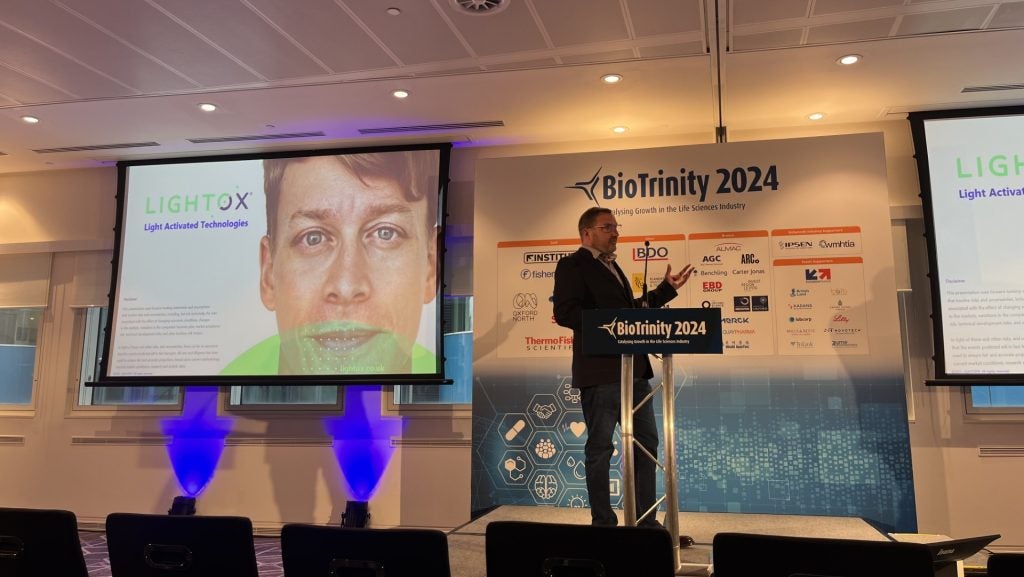
ChemoCentryx’s recently approved drug Tavneos (avacopan) will likely face standard coverage restrictions seen with other rare diseases based on early discussions with payers, said CEO Thomas Schall.
Tavneos received FDA approval to treat ANCA-associated vasculitis (AAV) on 8 October after being waylaid by an amendment to its original NDA. The amendment followed a contentious FDA Advisory committee discussion in May. The drug is a complement C5a receptor inhibitor that is being studied in several kidney-related disorders.
Clinical experts have previously noted that payers might look closely at disease status, especially if a patient is stable on standard drugs. Schall said in preapproval discussions payers have provided positive feedback on Tavneos’s clinical benefit, and based on that, the company expected the drug to be reimbursed with some restrictions. When asked to elaborate, Schall said payer restrictions for rare disease drugs could involve prior authorisation, where healthcare providers need to submit detailed patient information justifying the therapy.
Most of the AAV patient population is on commercial insurance, and given that it is a rare disease, drug costs should not be a huge burden on individual major insurance players. ChemoCentryx is anticipating 9,500 AAV patients to be eligible to receive the drug among a prevalent US population of approximately 57,000 patients. The company is going to price Tavneos at a wholesale acquisition cost of $150,000–$200,000, as per an 8 October presentation. ChemoCentryx plans to present data on the pharmacoeconomic burden of background steroid use and Tavneos’s value proposition at an upcoming meeting in early 2022, Schall said.
Tavneos’s approved use is as an adjunctive treatment of adults with severe AAV, in combination with standard therapy. The label reflects the Phase III registrational ADVOCATE (NCT02994927) design and does not limit the duration of treatment or whether it is used as induction or maintenance, Schall said.
Additionally, it does not set limitations on background therapy, so a prescription can be at a physician’s discretion, Schall said. The impact of background therapies on Tavneos’s utility and efficacy was noted at the advisory committee meeting. Prior to the approval, this news service had reported on 23 August that background therapies allowed in ADVOCATE made it difficult to judge avacopan’s efficacy signal. But given its steroid-sparing potential and the unmet need for a treatment, especially for those with severe disease, experts did see Tavneos’s utility in those groups.
How well do you really know your competitors?
Access the most comprehensive Company Profiles on the market, powered by GlobalData. Save hours of research. Gain competitive edge.

Thank you!
Your download email will arrive shortly
Not ready to buy yet? Download a free sample
We are confident about the unique quality of our Company Profiles. However, we want you to make the most beneficial decision for your business, so we offer a free sample that you can download by submitting the below form
By GlobalDataThere is some guidance from the American College of Rheumatology and the guideline-setting nonprofit Kidney Disease: Improving Global Outcomes (KDIGO) on how to define severe disease, and those overlap with factors that are organ-threatening or life-threatening disease. This population with severe incidence and major relapses is Tavneos’s primary target, but future studies could extend its use to other patients, he added.
The extended PDUFA date following the amendment allowed the company to train its field force to market this drug appropriately, Schall said. Ensuring patient access remains key, he said, adding that the patient support program called Tavneos Connect is intended to improve treatment access.






